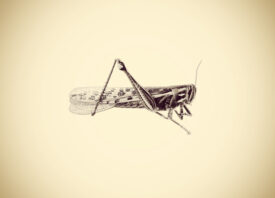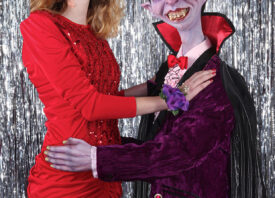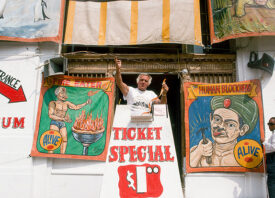Search this site
A Multi-Faceted Portrait of Black American Power and Pride


Hailing from Rochester, a city rooted in photographic history, artist Joshua Rashaad McFadden was introduced to the medium by his mother when he was given a camera at the age of seven. While pursing his BFA from Elizabeth City State University, an HBCU in North Carolina, McFadden began to recognize the power of photography to evoke visceral, sometimes empathetic, responses from viewers.
Inspired by artists including Roy DeCarava, Carrie Mae Weems, and Lyle Ashton Harris, McFadden now uses the medium to explore identity, masculinity, father figures, history, and race in a wide array of series including Evidence, selections from which will be on view in the 2020 Aperture Summer Open from September 16-October 18, 2020 at Fotografiska New York.
“For a long time, I have sharpened my lens on Black men, capturing how we perceive ourselves, especially in contrast to how America at large sees us… Like many Millennials, I was rocked to the core by Trayvon Martin’s murder in 2012, mainly because I could identify with him,” McFadden told The Undefeated.
“I also began to grasp the comparisons to Emmett Till’s murder in 1955. I began to really see that the media presented young Black males, even kids like Trayvon as aggressive, and that prompted questions, pushing me to use my work as an instrument to dive deep into what Black masculinity is and is not.”


With Evidence, McFadden creates paradigms of Black masculinity that stand independent from images constructed for and consumed by the white gaze, allowing for a more nuanced exploration of the intersections of race, gender, and sexuality in Black American culture.
Now an assistant professor of photography at Rochester Institute of Technology, McFadden has also been documenting the Black Lives Matter protests in Minneapolis, the funeral of George Floyd and the funeral of Rayshard Brooks in Atlanta this past May and June.
He drove overnight to Minneapolis from Rochester when the protests first began, recognizing the need to bear witness to the uprising and stand among those speaking truth to power. “Meeting the families of these men who were killed, they just felt like my family,” McFadden told CNN, his photographs bearing that same profound sense of connection.
“These two situations have now caught the attention of the world in a way we haven’t really seen. We have seen it kind of with Trayvon Martin and Ferguson and Baltimore. But there weren’t protests in every single state like it is now and then all over the world.”
Taken together, McFadden’s documentary and portrait work tell stories of Black America as an insider reflects upon the issues it must face in search of truth, justice, and freedom in a country that has denied these universal human rights for far too long.
By taking control of a narrative that has historically been hijacked and used to exploit. marginalize, fetishize, and erase, McFadden presents a profound portrait of Black life in 2020.
“People have been saying that they can feel the images, and I think that’s really what my goal is,” McFadden told CNN. “Not just to observe. You can observe things that are going on. But can you feel it? That is my goal. … Hopefully, through these images, people will be inspired to act and be inspired to change their ways of thinking.”



All images: © Joshua Rashaad McFadden



